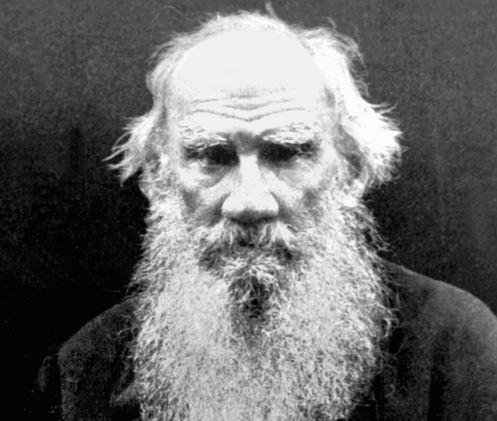Leo Tolstoi

📚 Who was Leo Tolstoy?
Born: 1828
Died: 1910
Famous works:
War and Peace (epic work about life during the Napoleonic Wars)
Anna Karenina (love and social drama)
Later, he also wrote many shorter spiritual, philosophical, and religious works.
🕊️ Tolstoy's view of death and the afterlife
Tolstoy experienced an existential crisis in midlife – although he was famous and wealthy, he was tormented by the question:
"What is the meaning of life if I'm going to die anyway?"
👉 These questions led him to:
an ascetic, spiritually influenced lifestyle,
a radical rejection of church, state, and property,
his own form of Christian anarchism,
and the belief that true fulfillment lies in serving others and living simply.
📖 Example: "The Death of Ivan Ilyich"
In this novella, Tolstoy describes the agonizing dying process of a judge who has oriented his entire life toward external success – until he realizes that the "normal life" was wrong. Only in the face of death does he recognize a deeper truth: love, sincerity, and inner peace truly matter.
🧘 Tolstoy's Concept of the Afterlife
He did not believe in a dogmatic heaven-and-hell model, but rather:
that death is a return to God or "true life,"
that the soul is immortal – not in the physical sense, but as a spiritual being,
and that the meaning of life lies in overcoming the ego and turning to divine truth.

